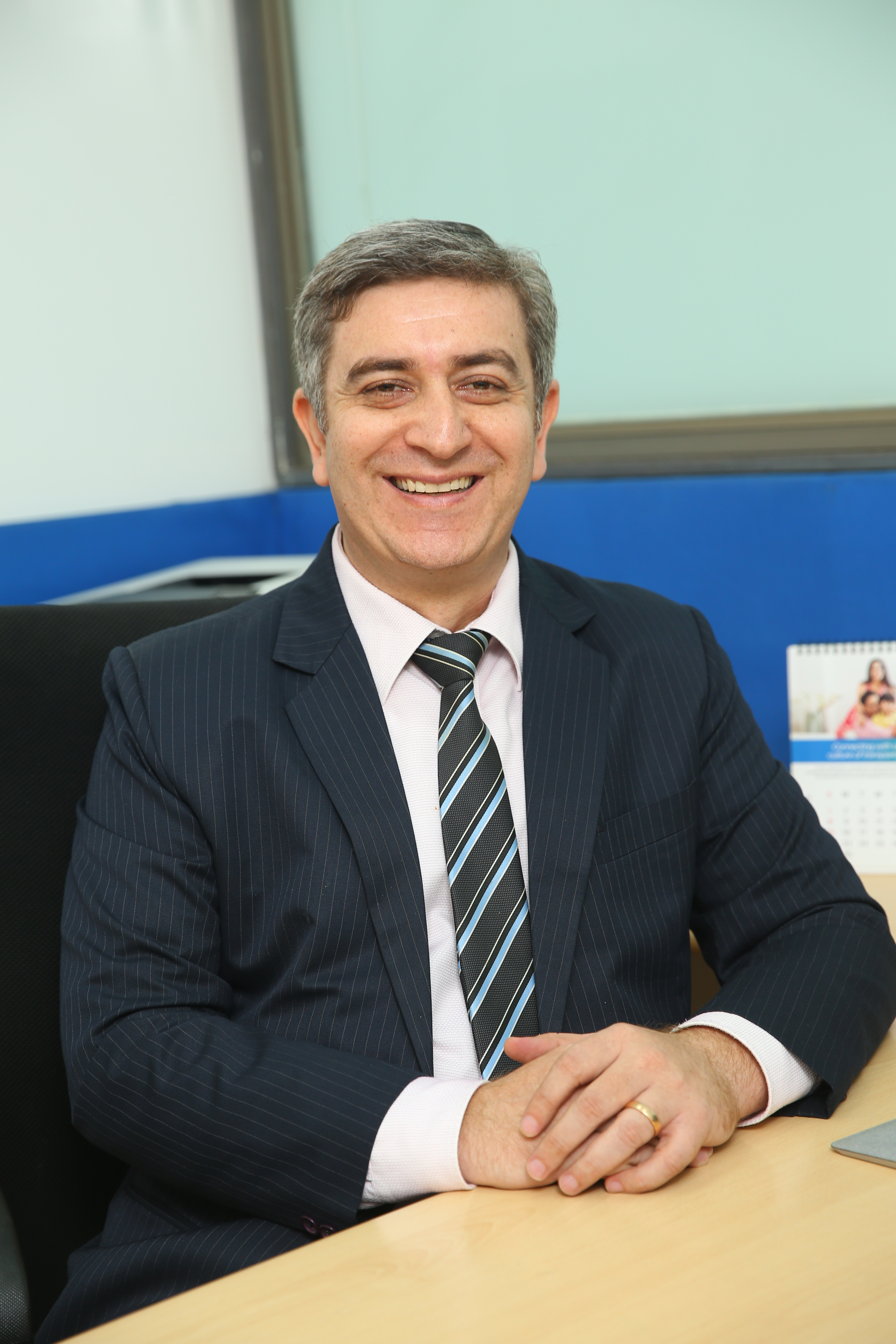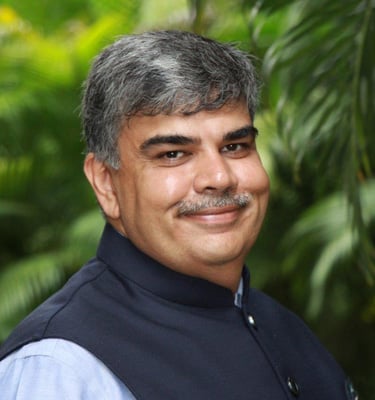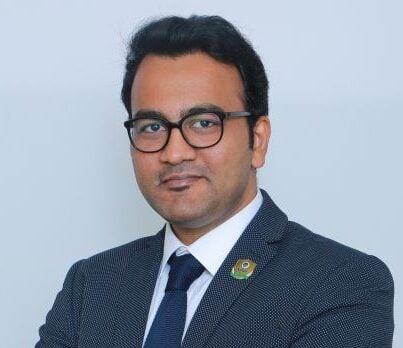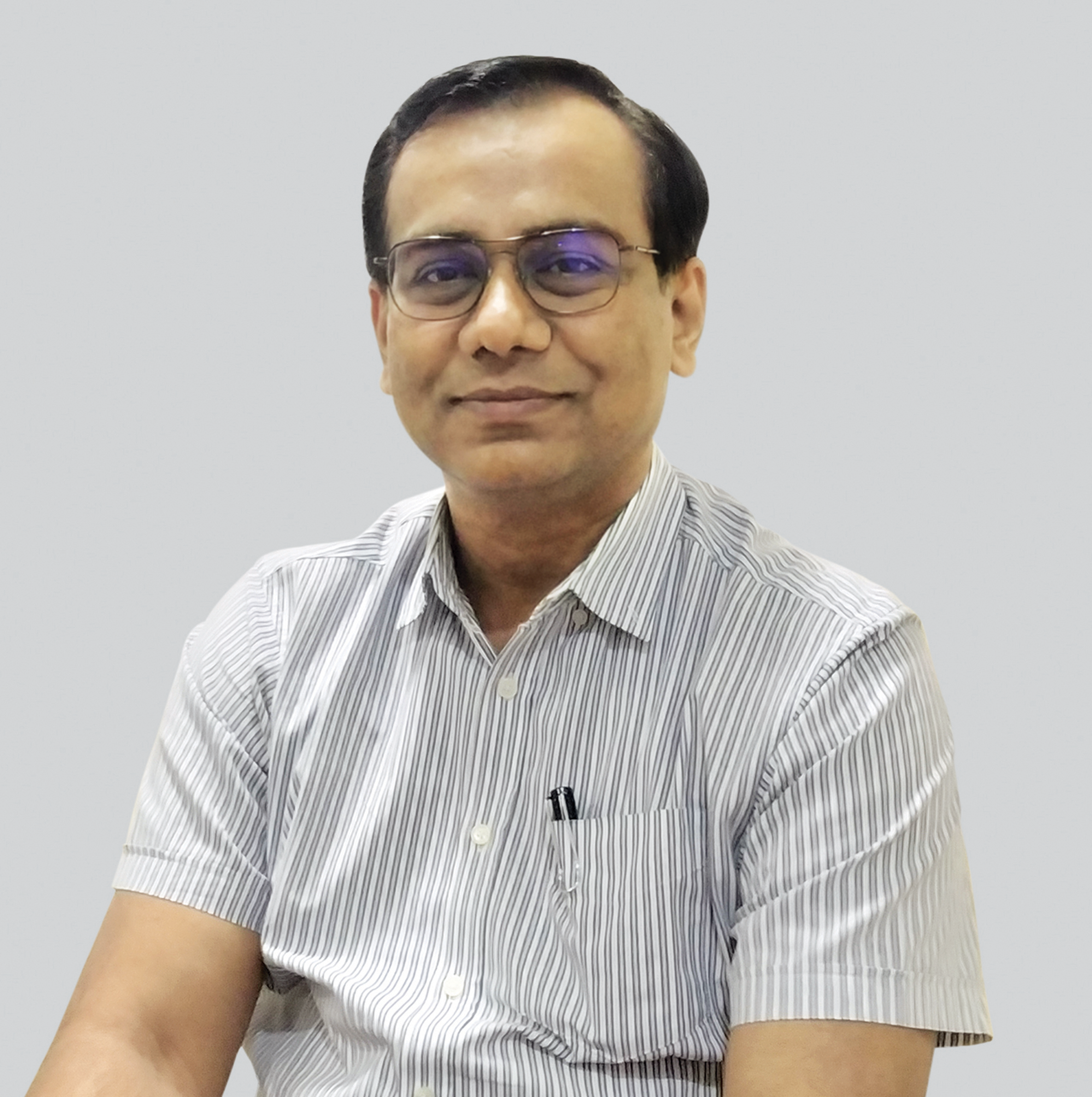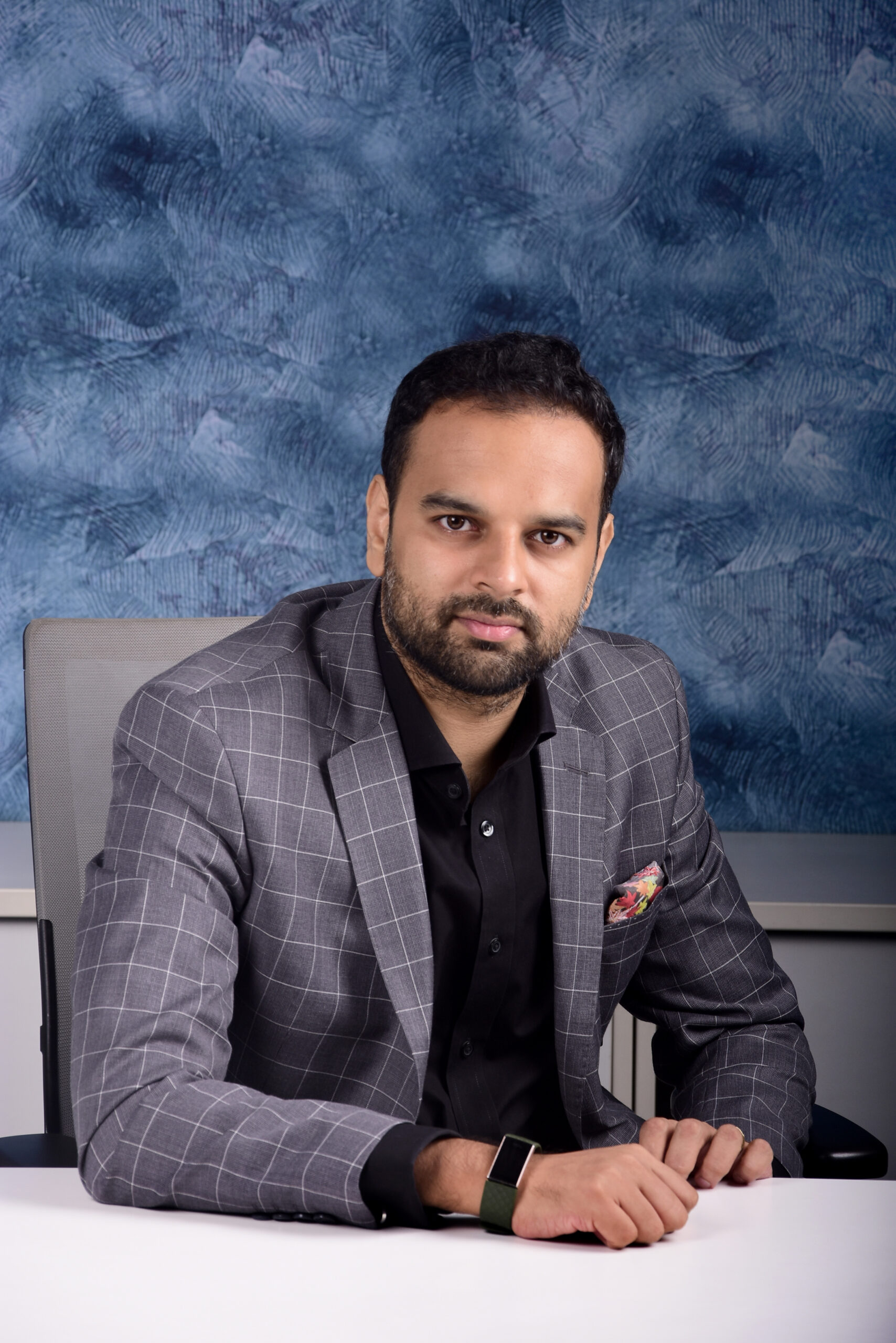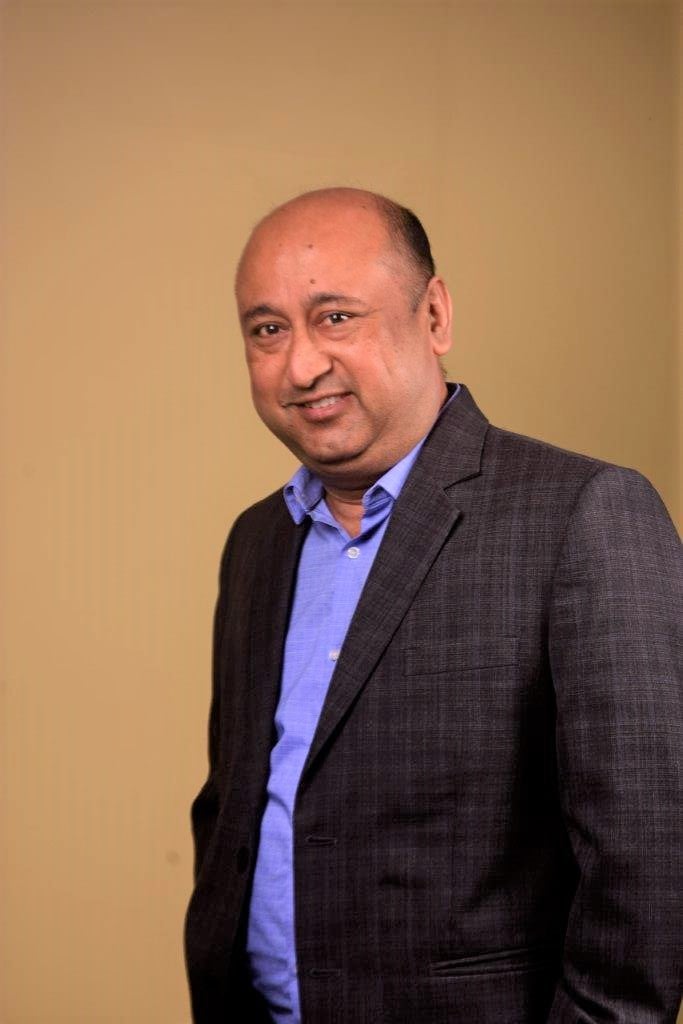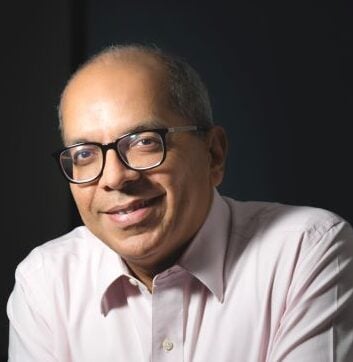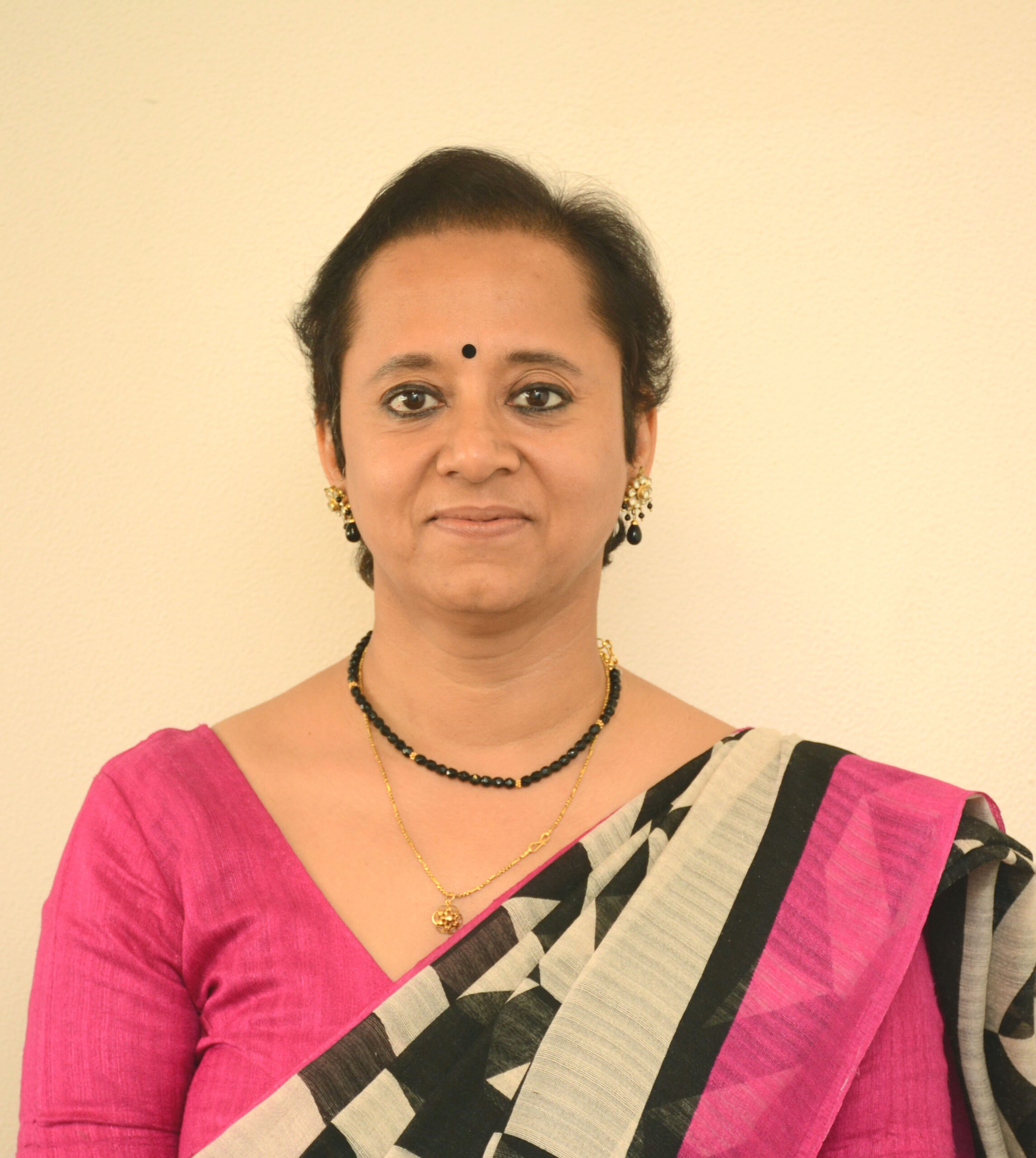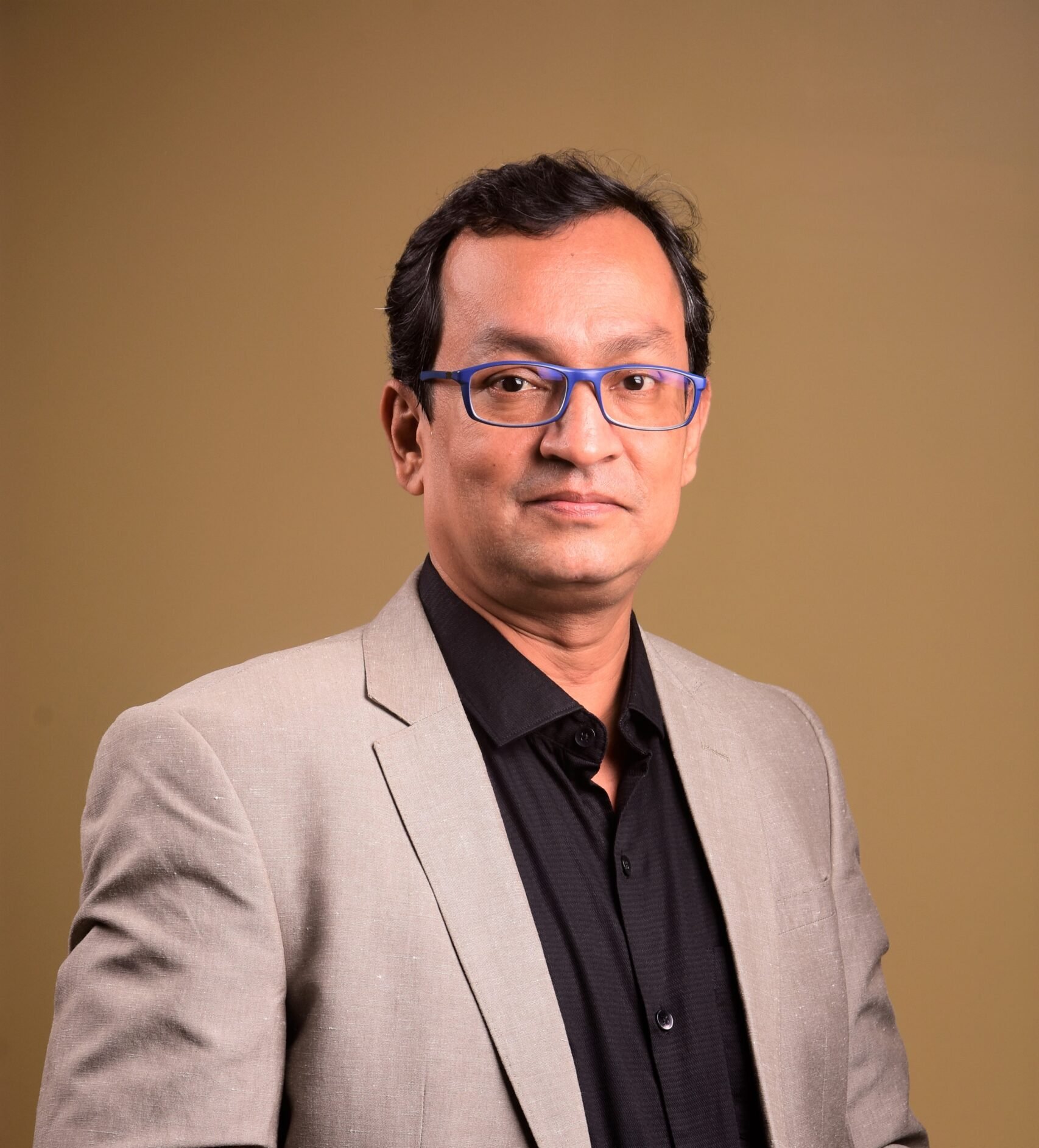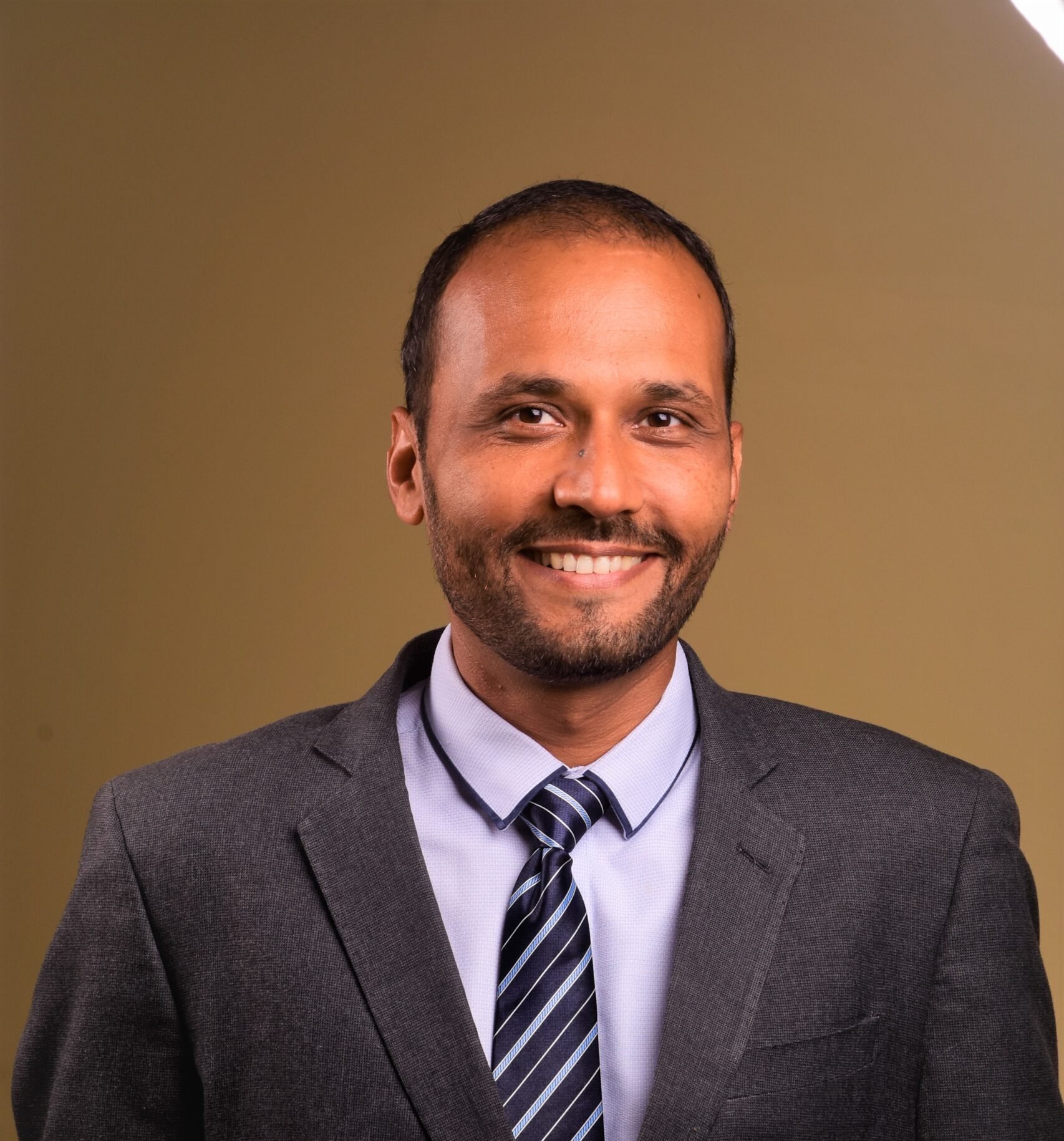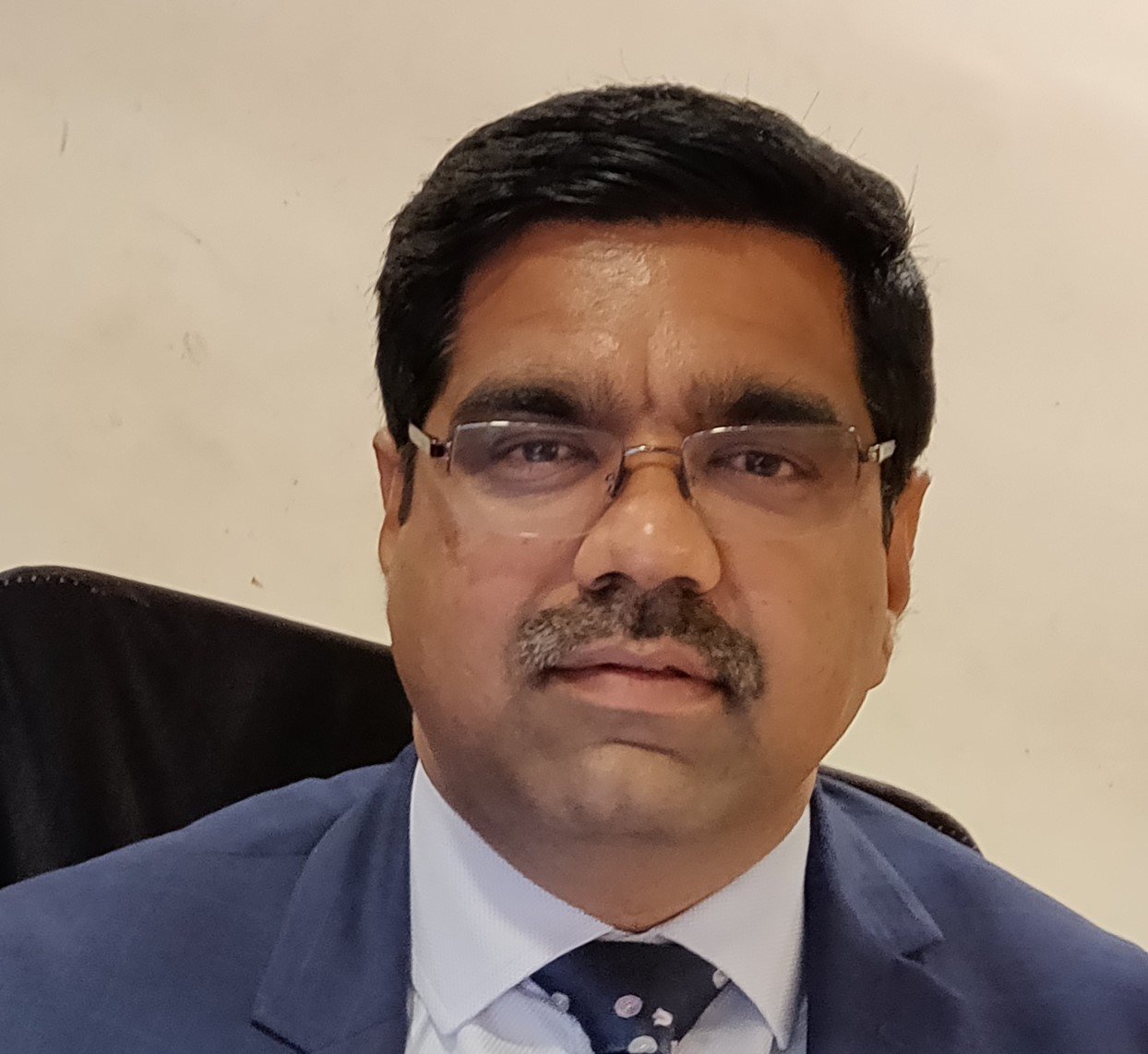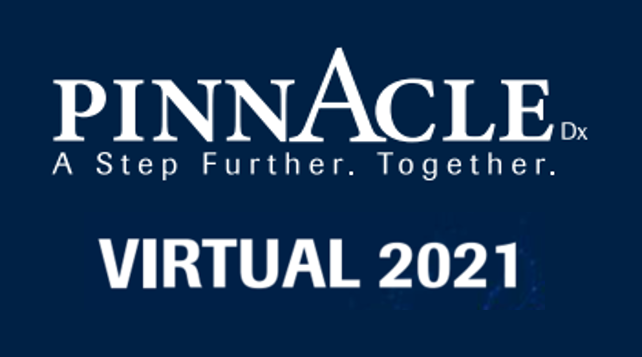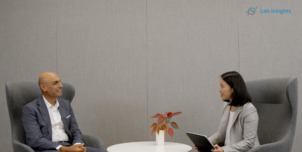At PINNACLE Virtual 2021, an event hosted by Roche Diagnostics India and Neighbouring Markets in July, healthcare leaders from across India explored key issues in medical logistics, supply chain management and hospital procurement during COVID-19. The event was chaired by Dr Sanjay Arora, Managing Director and Founder of Suburban Diagnostics, a leading diagnostic services centre in India.
Mr Narendra Varde, Managing Director of Roche Diagnostics India and Neighbouring Markets, opened the event by highlighting the critical role of supply chain, logistics and procurement professionals in healthcare systems. While the COVID-19 pandemic presented many challenges in the purchasing and transport of goods and services across India over the past 18 months, Mr Varde said that it also showcased the robustness and resilience of many local players.
The rest of the event discussed specific case studies and best practices to ensure continued improvements in supply chain and logistics excellence. This report shares some highlights and takeaways.
Ensuring procurement negotiations are ‘win-win’
In the first session, Dr Dishan Kamdar, Vice Chancellor of Flame University, shared insights about negotiations and influence—two important topics that affect our personal and professional decision-making. He explained the difference between negotiation and bargaining, noting that we often “approach negotiation situations with a bargaining mind-set and hence the outcomes are suboptimal.”
Prof Kamdar believes negotiation has two important phases—value creation and value claiming—and that we should always think of what the long-term ‘win-win’ situation will be. “You should never burn your bridges as we live in a small world,” he stated.
While some believe that that information, position, knowledge, connection and authenticity are key to negotiation, Prof Kamdar felt that these elements are sometimes secondary. “The real power as a negotiator is the ability to say ‘no’ and to walk away,” he said. He suggested going into a negotiation with a plan B and plan C in mind as we usually only consider these things after a failed plan. For this reason, successful negotiation requires considerable preparation.
As for the ‘intangibles’ associated with negotiation—such as the value of a brand or customer perceptions of reliability, service and quality—Prof Kamdar believes these are often not considered or monetised in the procurement process. Such intangibles may be critical to differentiate ourselves from our competitors, and so should be clearly evaluated and valued in advance of a negotiation.
Building resilience and mitigating risk in supply chains
In the next session, Ms Varsha Kaushal, Director of Supply Chain Management at Hinduja Hospital, shared insights on the value of supply chain resilience, especially with regard to recent challenges with COVID-19. She noted that supply chain is often the second largest expense in a hospital after manpower, suggesting that supply chain excellence can help drive meaningful value creation.
As a case study, Ms Kaushal explained how Hinduja Hospital ensured there were no stock-outs or incidences of suboptimal quality during the most challenging periods of the pandemic. Her hospital allocated a rapid response team to deal with equipment, drugs, medical supplies and general supplies, and placed a focus on inventory planning and forecasting. This involved validating lists and new items, leveraging market intelligence, and networking with other hospitals.
The session also covered risk mitigation and its importance when tracking inventory, purchase and utilisation data. Ms Kaushal shared how her hospital secured multiple sources for required supplies and quickly adopted substitutes where necessary. Through the use of proactive communication and relying on a robust and stringent product evaluation system, they were able to ensure a smooth supply chain.
Effectively leveraging existing relationships with partners was key to securing the equipment needed from her suppliers. In some cases, suppliers would store equipment for them until they were ready to receive it. Some warehouses were kept open during holiday days, and Ms Kaushal explained that their suppliers would keep them informed of the details of the constantly changing regulations.
Ms Kaushal also said that to manage healthcare supply chains well, the forecasting mechanisms need to be end-to-end. The hospitals and labs need to connect with clinicians to understand the consumption forecasts and transfer the information to the brand leaders. “Covid-19 has taught us a valuable lesson that supply chain is not a mere contributor to the bottom line, it is the lifeline on which the whole of humanity relies,” she concluded.
Mr Venkatesha NS, Head of Commercial Operations for Roche Diagnostics India and Neighbouring Markets, added that his team places a strong focus on maintaining the highest quality in product handling, both with the safety of the products and the team, at the same time as ensuring absolute business continuity. He explained that customers are encouraged to visit their warehouses. “With each visit new insights are gained and this helps to enhance the value that we add to our patients,” he said.
Mr Ranabir Sinha, Head of Core Lab and Key Accounts for Roche Diagnostics India and Neighbouring Markets, noted that product innovation can help ensure quality. “Assay calibration should be redundant—customers should consider technologies that don’t require calibration support. Look out for parameters with an on-board stability of 4-6 months with systems that take up very little space.”
Serving today’s procurement professional
In the following session, Prof Prem Chandrani, Professor of Strategy and Management Consulting at S P Jain Institute of Management and Research Visiting Faculty, Schulich Business School, Canada, spoke on how expectations and practices of procurement professionals is evolving.
“Previously customers judged the value of a product or service based on some combination of quality and price,” he said. “Today’s customers have an expanded concept of value that includes convenience of purchase, after-sale service and dependability, amongst other factors.”
Prof Chandrani noted that there are four main steps involved in the purchasing process: planning, aligning with one’s team and partners, procurement and management. To effectively serve today’s procurement professional, it is important to engage them at every step in this journey. This is why it is so important to look beyond single transactions and focus on building strong customer relationships.
Bringing it all together
In the final session of the event, panel chair Dr Sanjay Arora presided over a discussion about how to improve relationships and create effective partnerships between manufacturers, supply chain and procurement professionals.
“Robustness of equipment becomes a key aspect for me in the decision-making process when considering which company I want to work with,” he said. If a piece of critical equipment that analyses samples breaks down on a Saturday afternoon with a large workload still to be completed by the end of the day, those deliveries still need to make it to every customer as promised.
Most of the panellists agreed that equipment quality was a critical, non-negotiable factor in procurement and partnership decisions. Mr Madan Sampath, Country Head of Procurement and Supply Chain for Aster DM Healthcare, noted that performance characteristics of the equipment, simplicity of operation, and quality of calibration and maintenance are key. Dr Mukesh Agrawal, Lab Director at Ampath, said that design qualifications are essential to ensuring equipment is high quality.
Mr Vijay Kumar, Head of Marketing and Clinical Value for the Roche Diagnostics India and Neighbouring Markets, pointed out that “lab delays can have an exponential impact—one minute of delay within a lab could impact thousands of patients and hundreds of doctors who are using services of that laboratory.”
Mr Abhinav Kalra, Director of Supply Chain and Procurement at SRL Diagnostics, observed that “procurement is indeed not a siloed activity anymore—in today’s times it walks hand in hand with the core strategy of the company.” Md Zahidur Rohman, Senior AGM and Head of Purchase at IBN Sina Trust, added that using various local partners can remove the uncertainty of transport issues and allow for a more streamlined service.
Dr Arora concluded that multi-stakeholder collaboration is key for successful patient care. “I don’t consider any of the companies that work with us to be vendors, they are channel partners,” he said. “It is important to have skin in the game not only from your side but from their side too. Then they appreciate that they too are participating in patient outcomes.
Roche Diagnostics India and Neighbouring Markets wishes to thank our speakers, hosts and members of the local leadership team for this participation in this event.
Hosts
- Megha Behani (Host) – Marketing Manager, Customer Value Creation, Roche Diagnostics India and Neighbouring Markets
- Mr Vishnu Shaktawat (Co-Host) – Marketing Manager, Neighbouring Markets, Roche Diagnostics India and Neighbouring Markets
Speakers
- Dr Sanjay Arora (Panel Chair) – Managing Director and Founder, Suburban Diagnostics
- Dr Dishan Kamadar – Vice Chancellor, Flame University, Ex-Deputy Dean for the Indian School of Business – Ex-Faculty Wharton’s Executive Program
- Ms Varsha Kaushal – Director of Supply Chain Management, Hinduja Hospital
- Professor Prem Chandrani – Professor of Strategy and Management consulting, S P Jain Institute of Management and Research Visiting Faculty, Schulich Business School, Canada
- Dr Mukesh Agrawal – Lab Director, Ampath
- Mr Madan Sampath – Country Head, Procurement and Supply Chain, Aster DM Healthcare
- Mr Abhinav Kalra – Director, Supply Chain and Procurement, SRL Diagnostics
- Md Zahidur Rohman – Senior AGM and Head of Purchase, IBN Sina Trust
Leadership Team: Roche Diagnostics India and Neighbouring Markets
- Mr Narendra Varde – Managing Director
- Mr Vijay Kumar – Head of Marketing and Clinical Value
- Mr Venkatesha NS – Head of Commercial Operations
- Mr Ranabir Sinha – Head of Core Lab and Key Accounts

